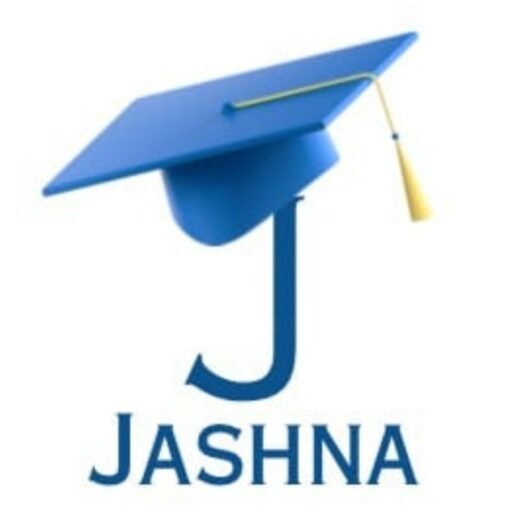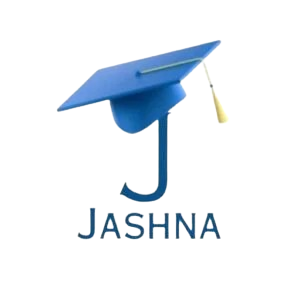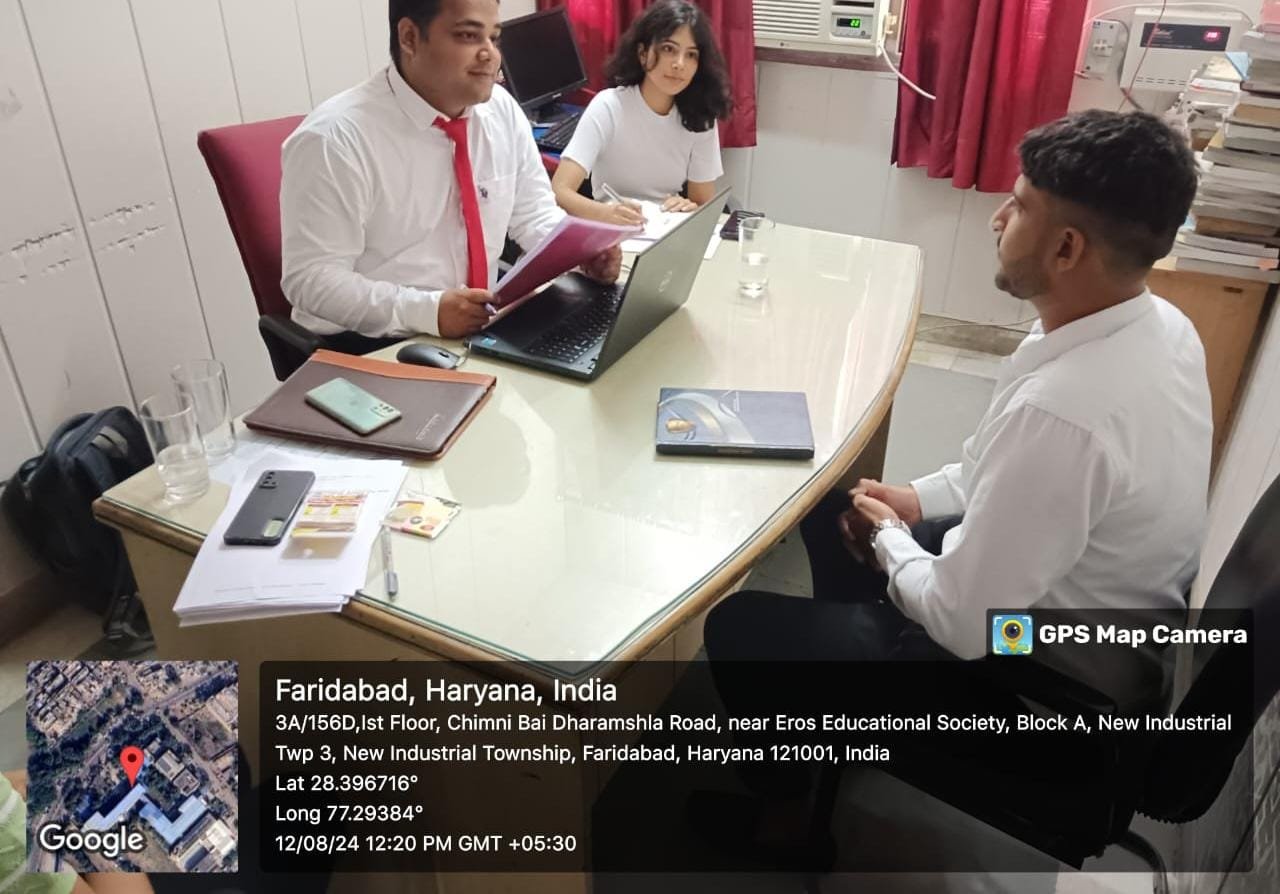
About Course
An English Vocabulary Course is designed to enhance a learner’s word knowledge and usage, vital for effective communication. This course covers a wide range of vocabulary, from basic to advanced levels, helping individuals expand their lexicon for everyday conversations, academic settings, and professional environments. Through interactive lessons, practical exercises, and engaging activities, participants learn new words, their meanings, pronunciations, and contextual usage. The course often includes components such as synonyms, antonyms, idioms, and phrases, enabling learners to express themselves more precisely and confidently. Regular assessments and feedback ensure continuous improvement and retention of new vocabulary. Suitable for students, professionals, and anyone looking to improve their English language skills, the English Vocabulary Course equips learners with the tools to understand and use a richer, more varied vocabulary, thereby enhancing their communication abilities and opening up greater opportunities in personal and professional life.
Student Ratings & Reviews



